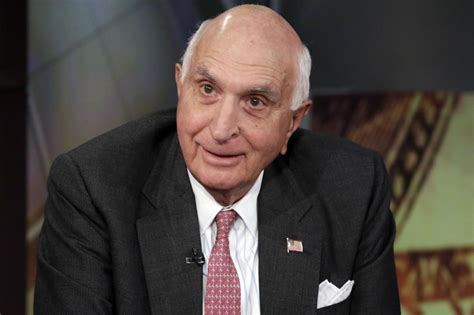A Quote by Timothy Noah
You know what isn't class warfare? Progressive taxation, as in, say, expecting billionaires to pay at least as much in taxes as their secretaries. Ideally, in fact, they should pay more.
Related Quotes
By the standards of honest, if unorthodox, accounting, government workers don't pay taxes, but are paid out of taxes. In other words, they pay taxes out of money confiscated from taxpayers, who, in turn, pay taxes twice: on their own income and on the income of members of the bureaucracy. At the very least, this should disqualify state workers from voting.
You could not possibly maintain the current level of government taxation without the taxes being hidden, and they are hidden in two very different ways. They are hidden through withholding, but they are also hidden by being imposed on business, supposedly on business, when really, of course, business can't pay taxes, only people can pay taxes.
Donald Trump is a - the owner of a lot of real estate that he manages, he may well pay no income taxes. We know for a fact that he didn't pay any income taxes in 1978, 1979, 1984, 1992 and 1994. We know because of the reports of the New Jersey Casino Control Commission. We don't know about any year after that.
The way to connect with voters on the plan is to simply give the facts. Fifty per cent of taxpayers pay 97 per cent of the taxes. By most people's standards, that's already fair. The President is playing the class warfare card because he knows that a lot of people may never hear that particular fact. But it's a fact.
When the Democrats are attacked for [inciting class warfare] they shrink back. They don't say what obviously should be said, "Yes, there is class warfare. There has always been class warfare in this country." The reason the Democrats shrink back is because the Democrats and the Republicans are on the same side of the class war. They have slightly different takes. The Democrats are part of the upper class that is more willing to make concessions to the lower class in order to maintain their power.
We've learned that women can and should do 'men's jobs,' for instance, and we've won the principle (if not the fact) of getting equal pay. But we haven't yet established the principle (much less the fact) that men can and should do 'women's jobs': that homemaking and child-rearing are as much a man's responsibility, too, and that those jobs in which women are concentrated outside the home would probably be better paid if more men became secretaries, file clerks, and nurses, too.

































